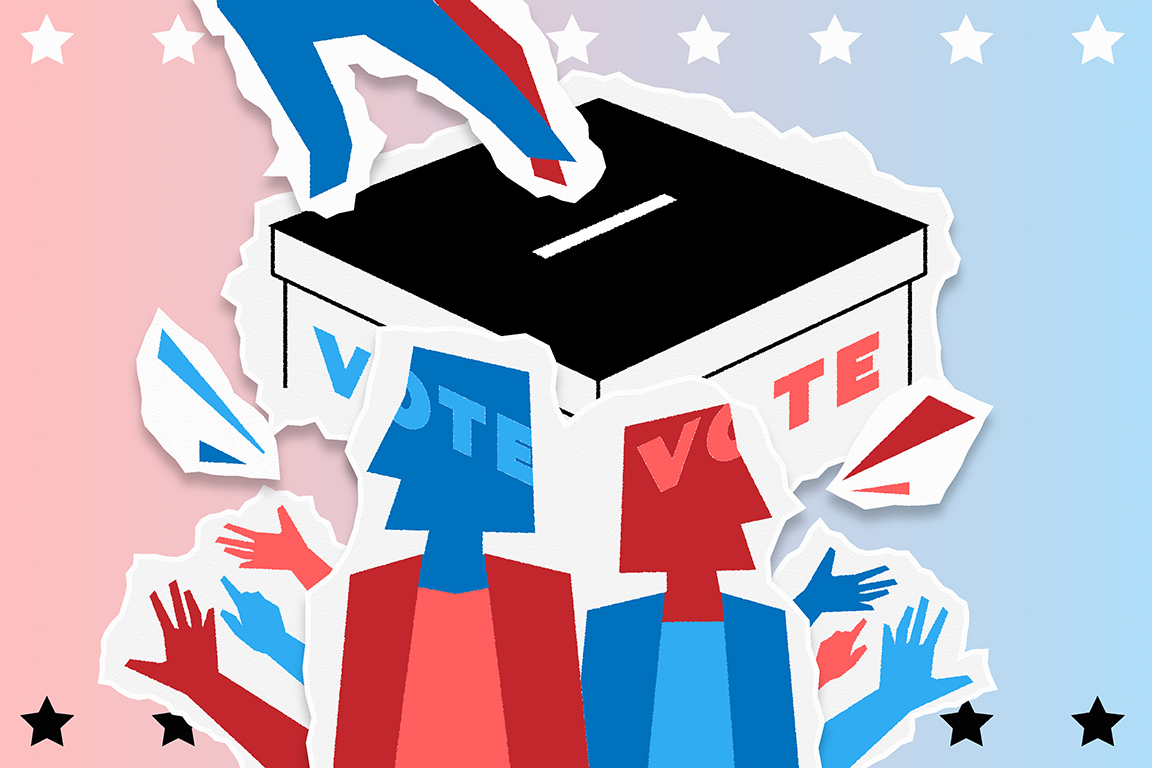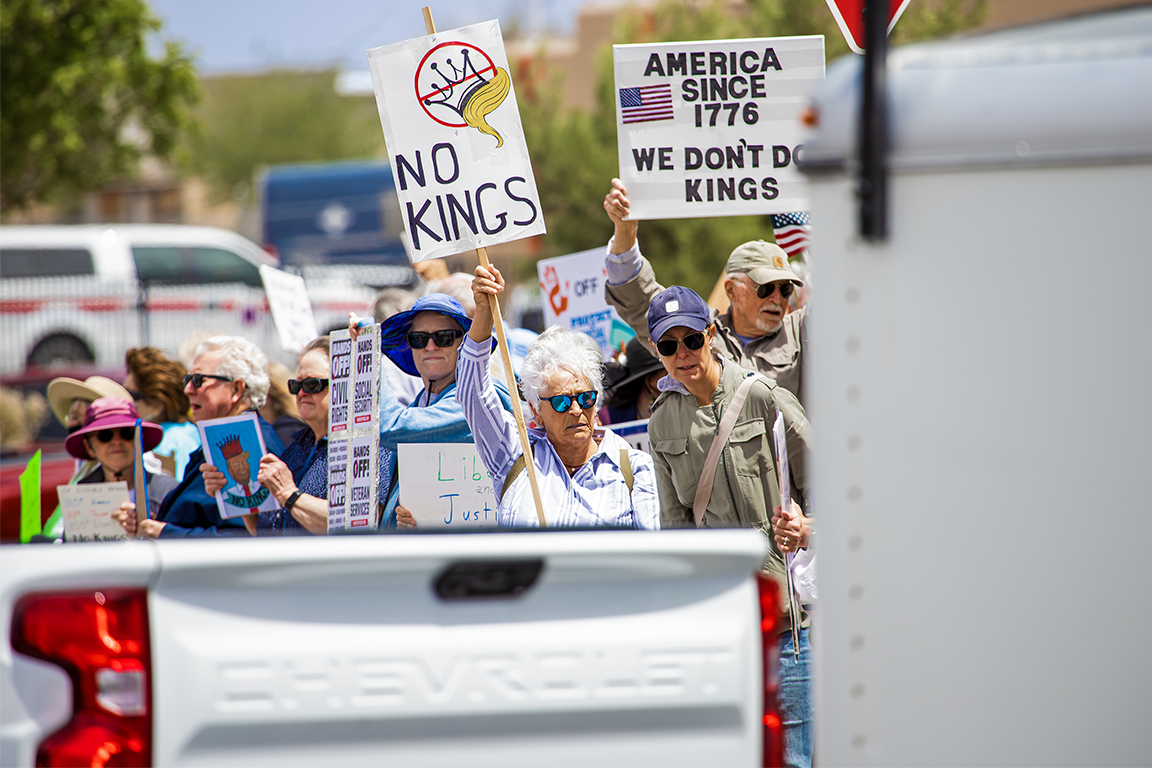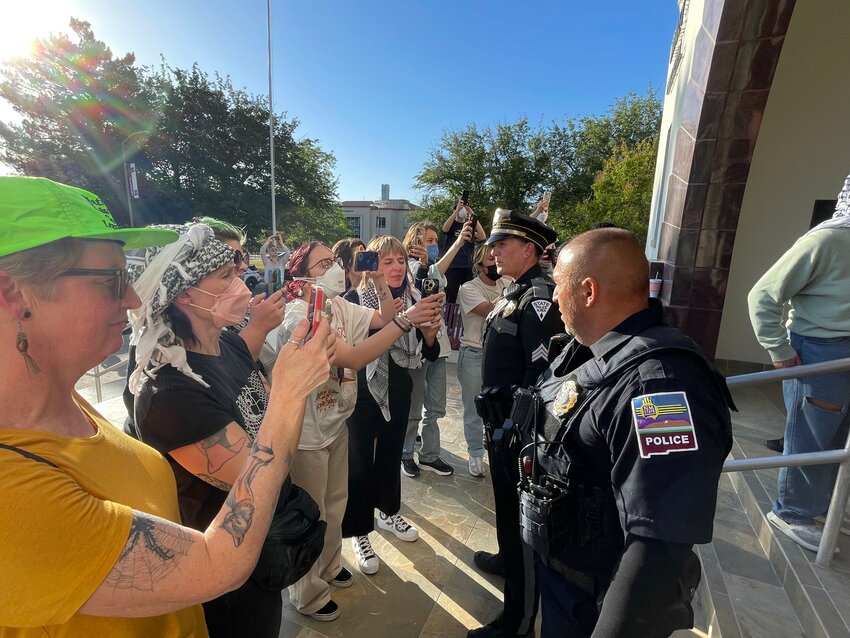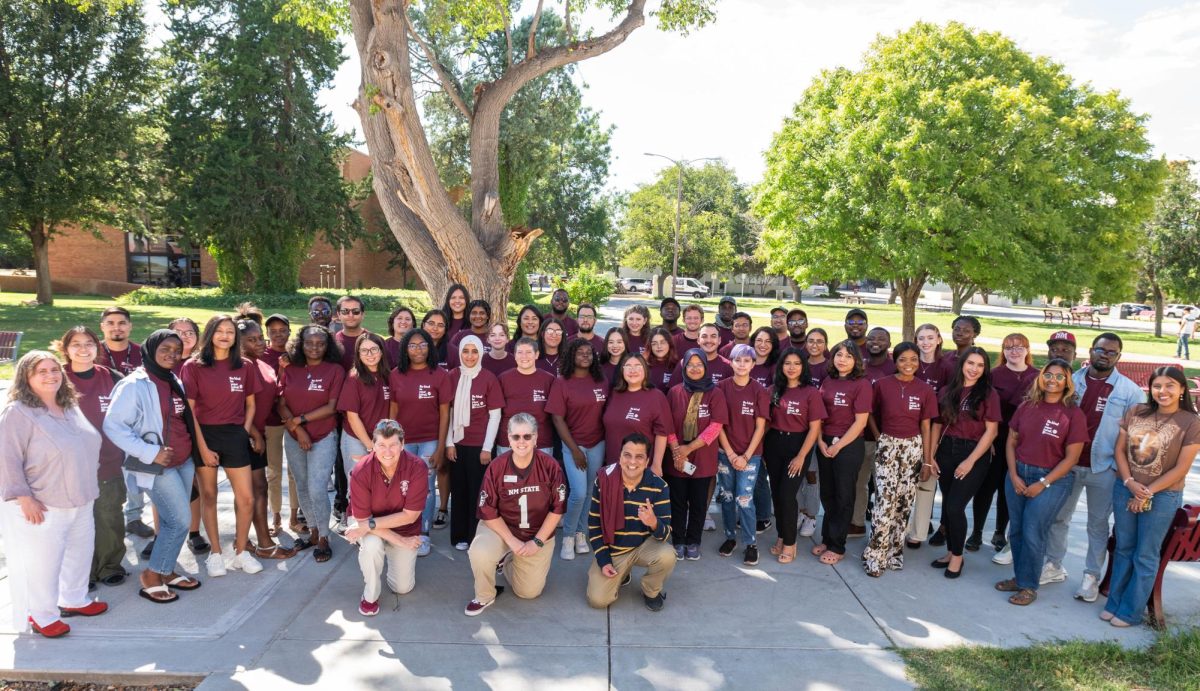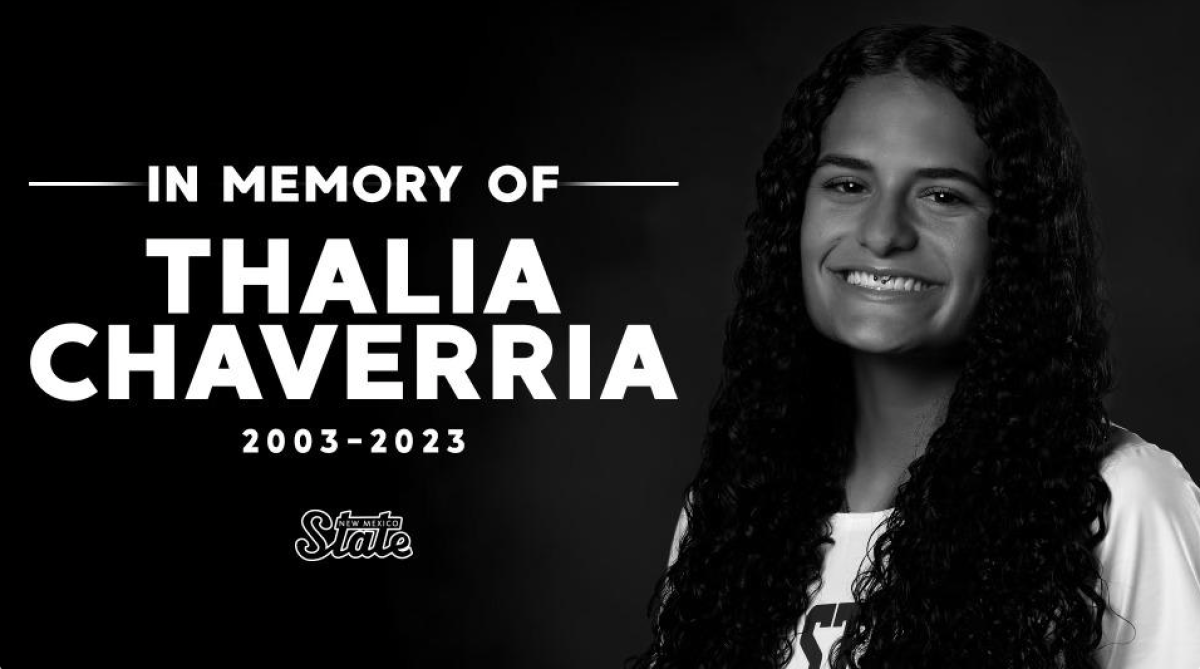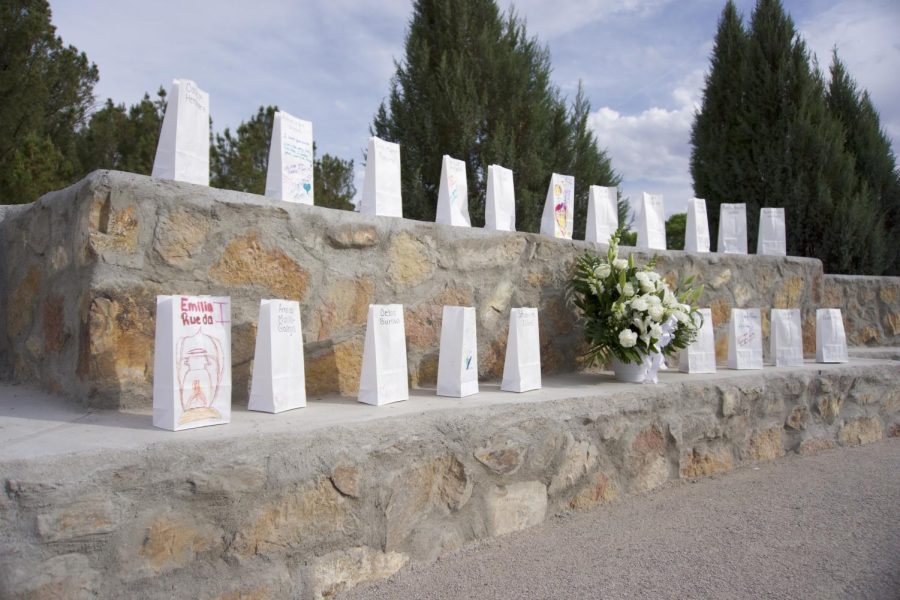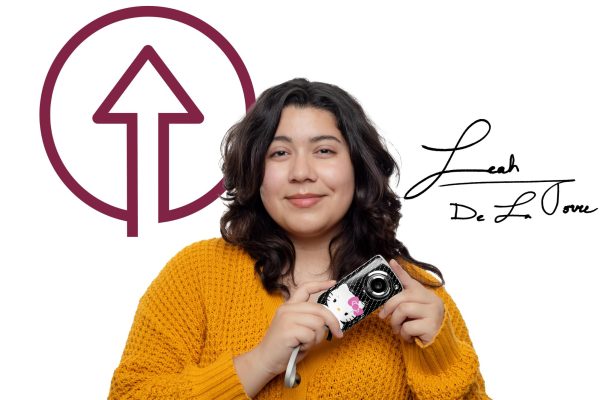“I’m feeling exactly like I did when I was 15 and it happened the first time,” senior Adara Walker said. “[I’m] a bit in disbelief and disappointed, and I think I’m still in a stage of denial.”
November’s presidential election has affected people in countless ways, and many students on campus are still processing the results. Walker described how President-elect Donald Trump’s win feels personal to her.
“I’m a lesbian, and Trump is totally fine with putting Supreme Court justices that want to overrule gay marriage,” she said. “J.D. Vance has made it very clear that he doesn’t believe in IVF access, which I would need if I want to have kids – which I assume will happen in the next eight years. I’m a victim of sexual assault and a rapist is going to be president. I grew up impoverished and I go to school on a Pell Grant and the Opportunity Scholarship, and defunding the Department of Education would directly impact people like me who need school as not only a safe space, but a place where you have the only access to education that you would have.”
Building bridges or walls: What’s next for immigration?
One issue occupying students’ minds is immigration. Many expressed that they are worried about Trump’s plans for mass deportations.
Karla Robles-Guzmán is the president of the Latin American Student Council, which she described as “a hub of different student organizations that serves Latine students.” She said a lot of their programming this year was intentionally geared towards vulnerable students during the election season.
“I was crying all day, like the day after the election, but I think something that made me hopeful was being on campus that day and bumping into the people that we’ve been working with throughout the past couple of years, and grieving with them and being in community with them, and knowing that we are there to support each other, despite how difficult we know the next couple of years were going to be,” Robles-Guzmán said. “It kind of made us way more committed to the work that we’re doing, because we see the meaning in it, especially in these difficult times — we can see how we are there for each other to lean on, and we want to continue building that.”
The NMSU Dream Team is the largest immigrant youth-led organization in New Mexico. The group’s president, Rya, said they will continue to foster a safe space for undocumented and mixed status people, build resistance through knowledge, and welcome queer students.
Sarai, a student organizer with the New Mexico Dream Team, said they expected Trump to win – a reality that is driving their activism even further.
“There’s just so much at stake with a Trump presidency that we hear about a lot on the news, especially in terms of immigration,” Sarai said. “I just now know that I have my work cut out for me, but I’m more determined now than ever to really put my everything into the work that I do.”
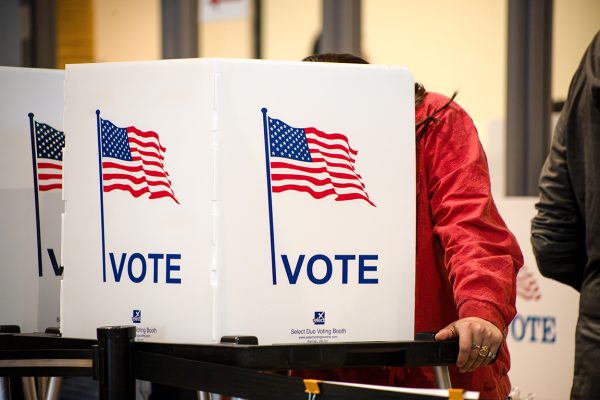
Looming restrictions: The future of reproductive care
Katelyn Legault is the president of Aggie Voices for Reproductive Justice, a student-led organization that teaches about and advocates for comprehensive reproductive freedoms. Legault discussed how the election results have fueled her activism.
“I think this outcome is devastating, and people are understandably upset and grappling with it in different ways,” Legault said. “I am starting … to sort of power through the sadness and really feel that anger, and feeling empowered, and I’m ready to keep fighting for our rights.”
“I’ve just heard so many stories, and I’ve had personal experiences with people needing abortion care and how devastating and personal it is, and it really is nowhere that a politician should be mingling in and meddling in,” she continued. “It hurts my heart, because it’s such a private and such a devastating thing to go through, and now people are open to such ridicule when they’re just making decisions about their health care, just like all of us do.”
Legault discussed the possibility of federal abortion restrictions, such as those proposed in Project 2025, which could impact “safe states” like New Mexico, where reproductive care is legal and accessible.
“Project 2025 will obliterate abortion access in the entire United States,” Legault said. “So that’s very concerning. And then on individual state levels, of course, we’re lucky. Here in New Mexico, we had a democratic election. A lot of states were not that lucky … So, either way, we’re looking at huge strikes to abortion care across the country. In New Mexico, if we stay safe, that overloads our systems. We’re already rural, we already don’t have a lot of resources – so, then it makes it hard for New Mexicans to get health care if we’re having to take care of other states as well.”
Other students shared optimism about living somewhere with state-level protections.
“I really hope that at least our New Mexican government will make our laws ‘Trump-proof’ and protect at least, like, the bare bones of human rights and medical access,” Adara Walker said. “I think that being in this community specifically, we will have access, and we will be much more privileged than a lot of other communities, in that sense. But I’m concerned about what a president with immunity will look like.”
For those seeking reproductive care, Las Cruces has three clinics open: Las Cruces Women’s Health Organization, Planned Parenthood – Las Cruces Health Center, and Full Circle Health Center. For other resources and help, Legault encouraged students to contact their organization through Instagram at @avrj_nmsu.
The Round Up reached out to NMSU Students for Life for an interview, but did not receive a response.
LGBTQ+ rights
Senior Jackson Graves said he has noticed friends feeling betrayed by those close to them. He remarked that it’s difficult to stay connected to people who might say they support their queer friends, but then “vote to deny their existence.” Graves said he knows people who worry about discrimination for expressing their identities.
Another student, junior Andi Calentine, discussed what transgender health care access could look like moving forward.
“Personally, I’m trans,” Calentine said. “I’m currently about six months on HRT [Hormone Replacement Therapy] … I’m in New Mexico. I don’t think any, you know, policies will change which will prevent me from getting health care I need to get … [but] I have friends in like, Texas, Missouri, states like that, where that could change any day.”
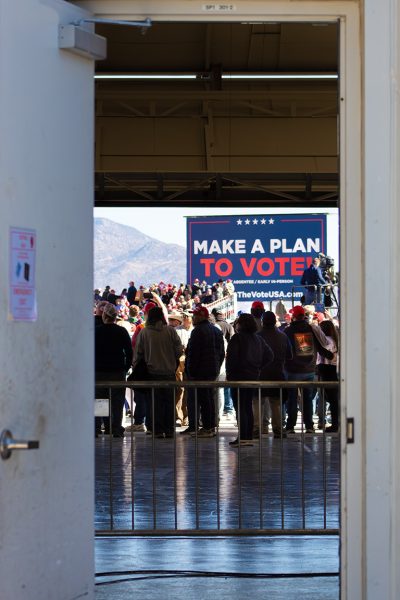
Analyzing information, examining echo chambers
Many students felt like misinformation was a big factor in the outcome of the election. Senior Naomi Tercero said she hopes people will become more educated on policies that directly affect them, like the economy — an issue that was on the forefront of many voters’ minds in this election.
“You take a look at the numbers and like, the actual policies and things that are promised — they’re really not going to help the vast majority of us, like they say that they are,” Tercero said. “I think that idea that was presented to so many Americans was able to be presented in that way, because people don’t know any better … I worry that education won’t be enough, but I think that’s probably the best way to combat what we are all scared of.”
Sophomore Mitchell Vogel expressed feeling surprised by the election results, which led him to examine his own biases.
“I didn’t expect it,” Vogel said. “I think that kind of goes to show the echo chambers that we were put in in society. I always surrounded myself with people who think politically similar to me, and I was really surprised whenever it was not only, you know, Democrats losing by a little bit — it was a landslide.”
Echo chambers and far-leaning media are issues other students say concern them as well.
“I think it’s just, like, disheartening to see that a majority of the young demographic in males has gone towards more right-leaning, and I think that’s really the spread of, like the ‘red pill’ media, or, you know, more traditional values,” sophomore Gabriel Arellano said. “Those can be hurtful to everyday people, of course, and I think it’s our responsibility also to discuss with the other side of the party about the echo chambers that can be dangerous — the spread of misinformation out there.”
Moving forward with hope and community
Students remarked on their gratitude for different communities providing support following the election.
“I feel like I’ve really been able to connect within Black Programs, really because I feel like we’re all kind of feeling the same way,” said Aaliyah Walker, sophomore and event planner for the NMSU Black Student Association. “It’s very discouraging. We feel very let down. So, I feel like we all kind of came together and we all agreed that we were gonna have each other’s back through everything. So that was very nice to feel that sense of community in such a hard time.”
Tercero mentioned that she has been able to connect with many people through TikTok, including those who voted blue but are living in red states, and may feel even more betrayed than she does by this outcome. This online community has allowed her to feel reminded that people will continue to support each other and fight for what they believe in.
Legault acknowledged that activism can sometimes feel draining, which makes support systems even more valuable.
“It gets exhausting when we continuously fight and fight and fight and it feels like no one’s listening to us, and it feels like we’re going in the opposite direction,” Legault said. “I think community is important; finding people who can tell you that it’s okay to take space, it’s okay to take a step back when you’re feeling overwhelmed, because we can’t do this work if we don’t take care of ourselves first and take care of our own mental health.”
Despite the disappointment and fear students are experiencing, they remain hopeful for progress that can be made.
Graves mentioned that he hopes to see more pushback from communities who are upset over the election results, using their angry feelings to actively fight for what’s important to them. He also said he feels inspired to talk with people who support the Trump administration to provide perspective and find common ground.
“As much as that side of things is extreme … it’s important to me to find some way of allowing them to understand the side of things that they try to ignore,” Graves said.
Calentine said that they hope things will be better than some people expect. They emphasized the importance of local elections, which are more frequent and can also impact individual lives.
“Make sure you’re always voting,” Calentine said. “Make sure you’re always staying informed and just trying to be, you know, involved. Because silence doesn’t really do anything. Silence is basically giving into the oppressor – same thing with neutrality.”
The Round Up reached out to Young Americans for Freedom at NMSU, but they declined an interview.


